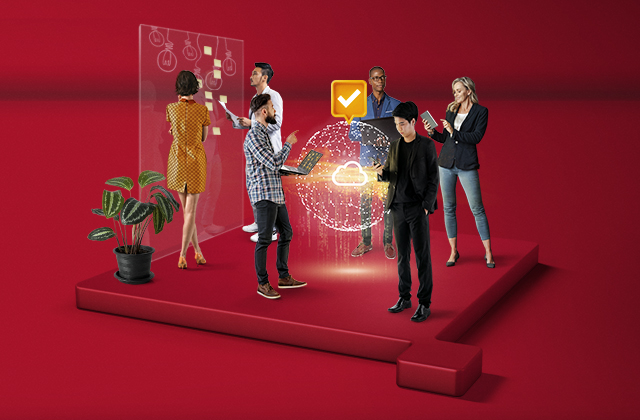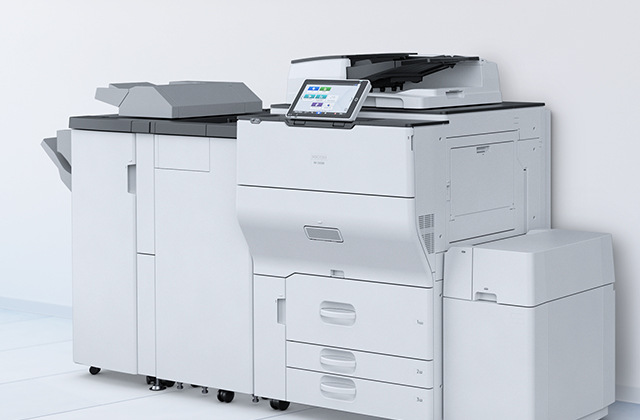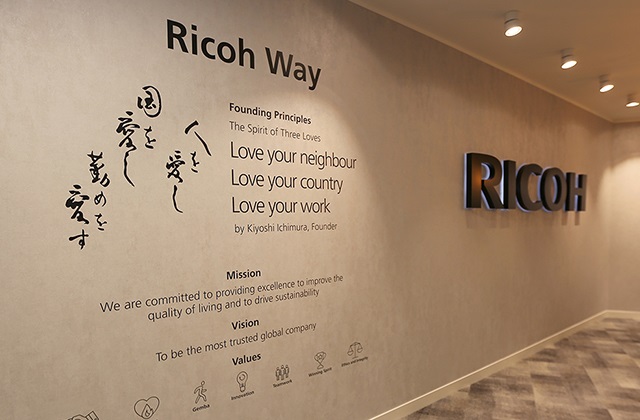New research exposes that bosses mistrust people to work remotely
The paradox is that, while only 35% of employers trust their staff fully while working remotely, only 19% said productivity decreased since they transitioned to remote working.
That’s just one of the incongruous observations based on research conducted for Ricoh by Opinion Matters who polled 1 500 European decision makers.
“We closely mirror many of the European trends, particularly in our office worker environments in South Africa,” says Jolene Castelyn, head of Marketing at Ricoh South Africa. “This insight is particularly poignant since many organisations are enacting their return-to-work policies following the third wave.”
The data showed that people continued to be productive but that employers feel they trust them less, which indicates a lack of visibility, loss of managerial control, and uncertainty about the processes, workflows, and collaboration capabilities they have in place.
Waning trust informs the desire of many employers to have their people return to the workplace as South Africa emerges from the peak of the third wave led by the Delta variant of COVID-19.
“It could be an indicator of the complexities of dealing with the pandemic that so many people are worried about health and safety as they return to the office, that a majority think investing in hybrid working technology is a good idea, but most want their people back in the workplace,” says Castelyn. “Failing to acknowledge people’s concerns impacts morale and leads to loss of talent.”
As many as 42% of people are worried about health and safety when returning to the office and 57% think flexible working technologies are essential to attract and retain talent.
“It’s vital for many businesses to have people in the workplace,” says Castelyn. “The office isn’t about to disappear. But business leaders are being confronted with the differences of working remotely versus hybrid ways of working, which are two different things. Sometimes, we need to gather to optimise our collaborative efforts, productivity, ideation, developing work relationships with colleagues that support important organisational developments.
“We know there are advantages to commuting less, reducing workplace real estate and its many knock-on benefits, but we also need to be mindful of the ramifications to productivity as well as morale, health and safety disruptions, and talent acquisition and retention.
“Equipping people to be effective, productive, and feel comfortable about health and safety while minimising the business disruptions that result from infections in the workplace, is a significant advantage for the foreseeable future.”
Ricoh South Africa’s workplace policies support hybrid work scenarios and it provides employees as well as small, medium and large customers the technologies, services and solutions to transition their workforces.
|About Ricoh|
Ricoh is empowering digital workplaces using innovative technologies and services enabling individuals to work smarter. For more than 80 years, Ricoh has been driving innovation and is a leading provider of document management solutions, IT services, commercial and industrial printing, digital cameras, and industrial systems. Headquartered in Tokyo, Ricoh Group operates in approximately 200 countries and regions. In the financial year ended March 2017, Ricoh Group had worldwide sales of 2,028 billion yen (approx. 18.2 billion USD).
For further press information, please contact:Simone John, Ricoh SA
Contact details: (011) 723-5000, simone.john@ricoh.co.za
For further information, please visit www.ricoh.co.za, www.ricoh-europe.com
Join us on Facebook: https://www.facebook.com/RicohSouthAfrica/
Follow us on Twitter: https://twitter.com/Ricoh_SA
Follow us on LinkedIn: https://www.linkedin.com/company/ricoh-south-africa/












